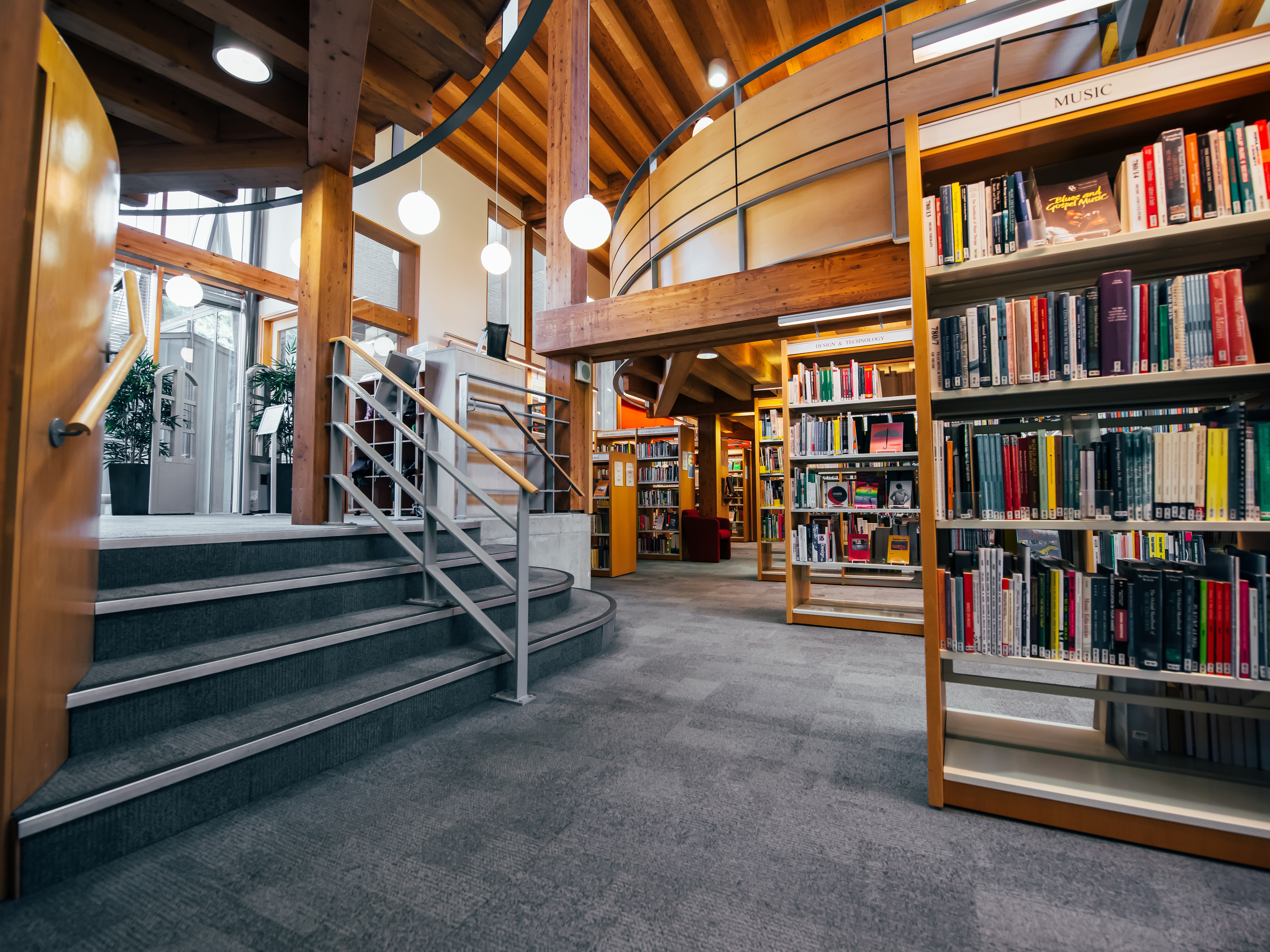Search and apply for our courses on the .gov website: University of Cambridge (C05)
The course at Cambridge was incredible. It really made me think about how to communicate my own enjoyment of Latin language, literature and the ancient world as a whole to young people. Faculty staff and my mentors were continually challenging my thinking about teaching all aspects of the ancient world, and with trips to both the Cambridge Cast Gallery and the British Museum, it was undoubtedly the best training I could have had as a Classics teacher.
The course is built upon principles of inclusion and equality of opportunity in teaching and learning for all students whatever their potential and achievements. PGCE students are encouraged to foster their own and their students' creativity through an enthusiastic commitment to adventurousness, exploration and systematic hard work within and beyond the classroom. PGCE students are also encouraged to develop an attitude of critical enquiry and see themselves as teachers who research their classrooms so that they make informed choices in all that they do.
Bursary
Latin with Classics PGCE students are eligible for a bursary. See the DfE 'Get into Teaching' website for more details.

Who is this course for?
The Latin with Classics course is for people wishing to become secondary teachers of the languages and cultures of the ancient world to students aged 11-18, and who have a strong interest in learning to teach classical subjects at a range of levels and environments. This course is ideally suited to those who have studied Latin and the ancient world in depth during their BA degree, although we welcome applications from mature students who may have more diverse backgrounds.
What will I study?
The course prepares all PGCE students to teach Latin, primarily, and Classical Civilisation at all levels, and it also provides opportunities for suitably qualified individuals to learn how to teach Classical Greek and Ancient History. Consideration is also given to topics such as the place of linguistic and non-linguistic Classical subjects in the National Curriculum, public examinations and the educational role of objects, sites and museums.
How will I study it?
All PGCE students are placed in at least one comprehensive school; the majority of our placements are in the state sector. PGCE students experience a variety of teaching methods including whole class teaching, structured group work and individual or pair work. There is a strong emphasis on active learning through discussion, presentations, peer-tutoring, research, independent study and writing. There is a programme of workshops with guest speakers who provide particular specialist expertise and skills.

Advice for applicants
All applicants are asked to state clearly why they wish to become teachers of Classical subjects and Latin, in particular, and why they are interested in the course's commitment to inclusion and equality of opportunity. Applicants who are invited for interview are expected to have studied the ancient world at degree level, and to have studied Latin (language and literature in Latin) to a high level. If you are in doubt about the content of your degree (or other educational background) please contact the subject lecturers before applying.
Applicants without a formal qualification in Latin language (e.g. A-Level) should contact the Faculty of Education before submitting their application. We expect applicants to be able to demonstrate, on their application form and at interview, sufficient knowledge of and confidence with Latin language and literature to be able to teach A-Level Latin in schools. Applicants who started learning Latin only at University should indicate this on their application, and are often advised to gain at least AS-Level Latin before applying.
In order that your personal statement is fully informed by your knowledge of teaching Latin and Classical subjects in contemporary classrooms, we recommend that you spend at least one week observing a range of language, arts and humanities subjects in a non-selective state secondary school before submitting your application. If possible, it would be extremely helpful if you can also observe some Classical subjects in a state school, although this may be dependent on availability. If you are offered an interview, it will also enable you to draw on first-hand experience when talking about your views of teaching the languages and cultures of the ancient world.

How does this fit in with the MEd?
The Faculty offers a one year part-time Master of Education course. To be eligible to apply for the MEd course, PGCE students must pass all of the examined elements of the PGCE course. Applicants can have a maximum of a four year gap between completing the PGCE to completing the MEd.
Some students follow the Transforming Practice route from the selection available within the MEd courses, designed especially for early career teachers. Another route popular with Latin and Classics teachers is Critical Approaches to Children's Literature, which allows students to explore how the ancient world is represented in children's culture. For more information, visit the Master of Education (MEd) page.
